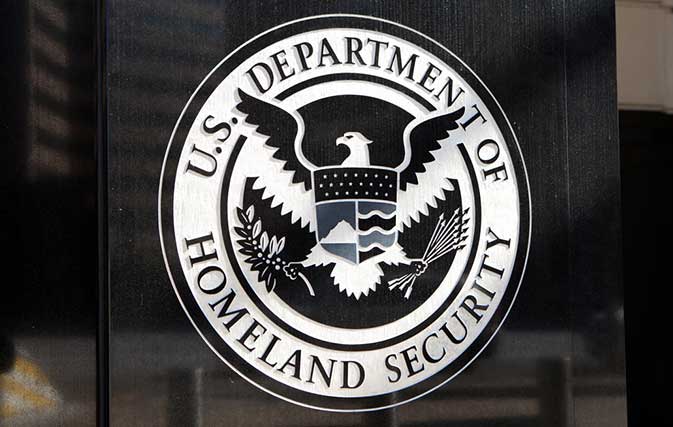TORONTO — On the same day that the coronavirus was designated a global pandemic by the World Health Organization (WHO), U.S. President Trump singled out just one region of the world for a 30-day inbound travel ban that is sowing fear and confusion and providing little logical action.
Meanwhile the U.S. Department of State is now advising U.S. citizens to “reconsider travel abroad” with a Level 3 Global Health Advisory posted at travel.state.gov.
In a televised address last night President Trump said all travel from Europe to the U.S. would be banned for 30 days starting March 13.
Homeland Security officials later said that the new restrictions apply only to most foreign nationals who have been in Europe’s passport-free travel zone at any point within 14 days prior to their arrival to the U.S.
The Schengen area comprises 26 countries including EU members France, Italy, German, Greece, Austria and Belgium, as well as Switzerland, Norway and Iceland.
The UK is exempt from the ban. However, with more than 450 confirmed infections, Britain has more coronavirus cases than all but nine of the 26 European countries hit by Trump’s ban.
Trump accused Europe of not acting quickly enough to address what he called the “foreign virus” and claimed that U.S. clusters were “seeded” by European travellers.
Italy has been hard hit by the coronavirus, with the highest number of cases outside of China. However other non-European countries including Iran and South Korea are in the top five for coronavirus caseloads.
The EU has denounced the travel ban. EU Council President Charles Michel and European Commission President Ursula von der Leyen say the coronavirus pandemic is a “global crisis, not limited to any continent and it requires co-operation rather than unilateral action. The European Union disapproves of the fact that the U.S. decision to impose a travel ban was taken unilaterally and without consultation.”
With Italy’s nationwide travel lockdown and other measures taken by all the bloc’s 27 members, Von der Leyen and Michel say the EU is taking strong action to limit the spread of the virus, and dismissed Trump’s suggestion that the EU has not done enough in fighting the disease.
Of course President Trump is no stranger to travel bans. In early 2017 he signed off on a controversial travel ban that impacted would-be visitors from countries including Iran, Syria, Somalia, Sudan, Yemen and Libya. The ban caused immediate panic and chaos at airports around the country.
Dr. Anthony Fauci, director of the National Institute of Allergy and Infectious Disease, acknowledged that the U.S. is lagging behind other countries in testing for the virus to learn how widespread it really is.
“It is a failing, let’s admit it,” he told lawmakers.
This morning, reacting to Trump’s European travel ban and other measures in the U.S., Canada’s Immigration Minister Marco Mendicino says Canadians need to be “calm” and “level-headed”.
“Our government has presented a plan, that is informed by the evidence, that is informed by experts and one that should give confidence to Canadians that Canadians from coast to coast to coast that our immigration, our health-care system our public-safety apparatus are all working in conjunction to protect them, to protect their health, their safety and their security,” Mendicino said.
The Trudeau government unveiled a $1 billion plan on March 11 aimed at containing the spread of the virus.
Mendicino gave no indication the Canadian government had any advance notice of Trump’s decision.
“I won’t comment on the policies of other countries, but I will say that anybody who wishes to travel to Canada will be subject to the very rigorous procedures and protocols which are in place,” he said.

